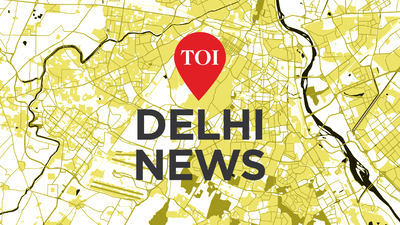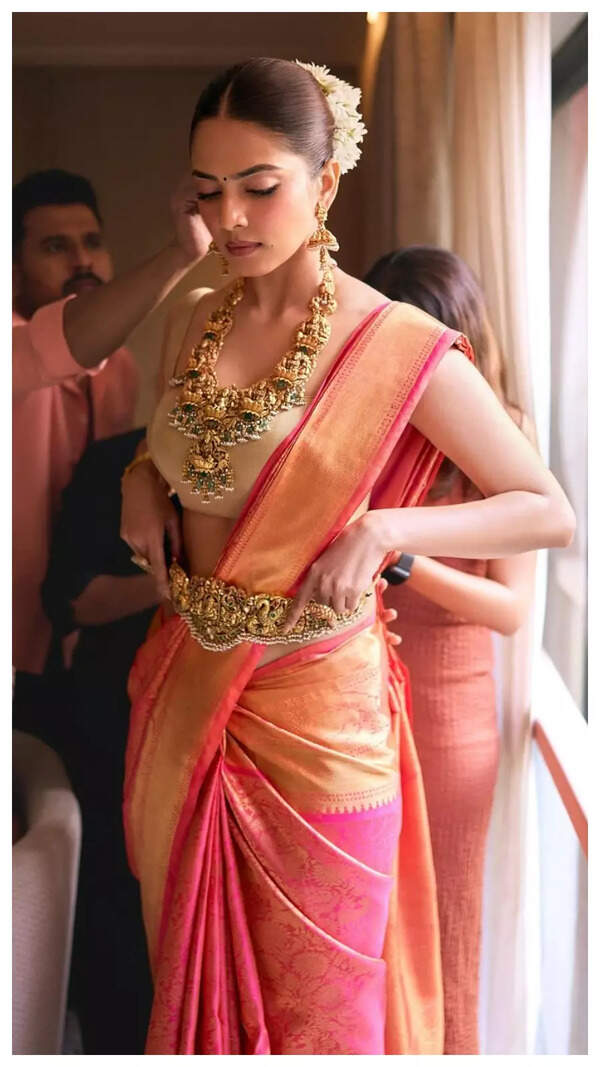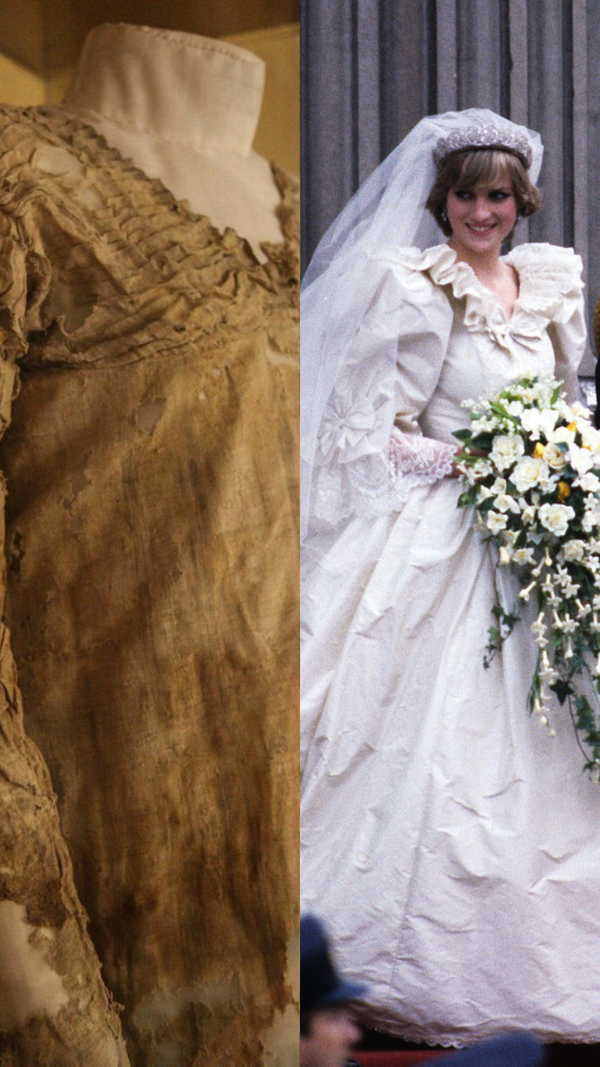- News
- Will cash handouts seal women’s trust?
Will cash handouts seal women’s trust?
New Delhi: As election day dawned, women — who make up over 46% of the electorate, constituting around 72 lakh of Delhi's 1.56 crore voters — walked to the booths, some swayed by fleeting promises, but many driven by a vision for their future — a city with safer streets, better facilities and respectable jobs.
At Pandara Road's polling booth, ask Komal (18) about her electoral choice, and she stresses on how short-term freebies cannot be a substitute for a long-term promise of security. Talking about her daily hardships, Komal said, she prefers taking a bike over an overcrowded metro to avoid being subjected to pushing, grabbing and unwanted stares. "It's expensive, but I feel safer," she said. "The women's coaches are so crowded. Something needs to be done about it—a long-term solution," she said.
This election season, every party in the fray has been wooing women voters with cash and freebies. From AAP's promise of Rs 2,100 under its Mahila Samman Yojna; BJP's Rs 2,500 under Mahila Samriddhi Yojna, Rs 21,000 for pregnant women, and increased pensions for widows to Congress's Rs 2,500 Pyaari Didi Yojana, political parties did not leave a single stone unturned in reaching out to women.
While PM Narendra Modi, in his rally, went on to say that by International Women's Day (March 8), women will start receiving Rs 2,500 in their accounts, AAP distributed forms among women, promising voters of the cash rollout.
Parveen, a voter from Ballimaran, said she believes the incumbent govt didn't betray the people of Delhi. "We have seen the party fulfilling the promises in the past. We believe it will fulfill promises in the future too," she said.
Although these promises have drawn interest among women, especially in JJ clusters, not all are lured by these ‘short-term promises'.
With their aspirations expected to play a decisive role in shaping the city's future, women voters have made their expectations clear. The focus should shift to solving everyday issues that matter to them.
Even among young voters, walking and living safely in Delhi was on top of the priority list while voting. "We don't go out after dark," said Samya, 19, a voter at a polling booth near Maujpur. Pia, a 22-year-old from Dwarka, said, "The kind of reputation Delhi carries is different from other metros like Mumbai or Bengaluru. What's the use of making bus rides cheaper if we don't feel safe while travelling to that bus stop?"
Corroborating a similar sentiment, Ruby, at Greater Kailash's polling booth, said, "Safety is a long-standing demand. It's pathetic. Nikalne ka haal hi nahi hai (Situation is not such to step out)."
For some like Saroj, 47, a housewife, the challenges go beyond safety. Inflation, jobs, and necessities are still issues needing a solution beyond freebies. A group of five women in Mandawali—Veena Rana (45), Laxmi Negi (47), Soni Kumari (40), Aarti Rawat (37), and Hema Negi (47)—who gathered together to grab a snack after voting, expressed their disapproval regarding financial doles. "We don't want handouts, we want jobs and real development," one of them said.
For Reena Goswami, 48, a housewife residing in Lado Sarai, the main concerns are cleanliness, drinking water, and the water bill. "You can see garbage dumped in every lane. We do not receive water regularly, especially during summer," she said.
Women, from different areas, felt the weight of unmet promises and long-standing issues that were yet to be addressed, impacting their daily lives. "In my area, the lanes are in poor condition and during the rainy season, mosquitoes breed in stagnant water," said Kamlesh Popli, adding, "I voted thinking keeping these issues in mind".
In the previous Assembly election, women in Delhi in the past tilted towards AAP, as they were the biggest beneficiaries of schemes like free travel in DTC and cluster buses. However, BJP launched a sustained campaign alleging AAP of making liquor easily available to people through its now-shelved liquor policy to create a negative perception against AAP among women.
"My vote is for change," said 29-year-old Gudia, a resident of Trilokpuri, as she advocated prohibition of alcohol, citing its destructive impact on numerous households. Emphasising the importance of education, she said that though her single vote may seem like a drop in the ocean, when women come together, they can usher in a sea of change.
End of Article
FOLLOW US ON SOCIAL MEDIA
Visual Stories
Hot Picks
TOP TRENDING
Explore Every Corner
Across The Globe










